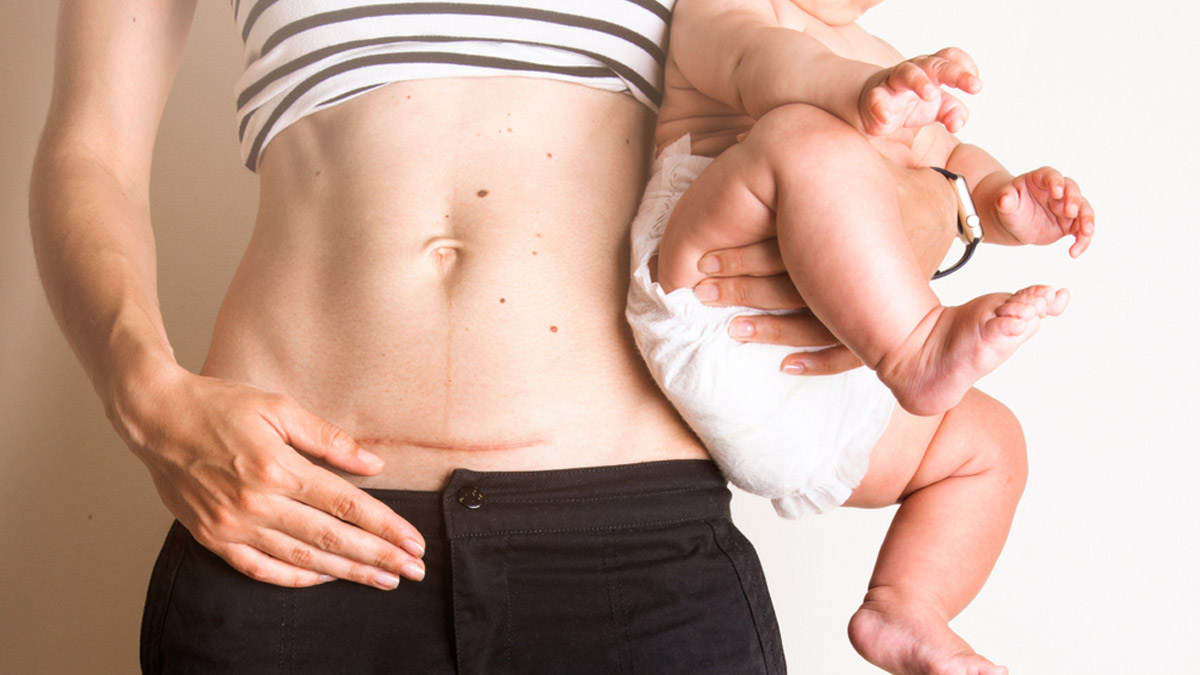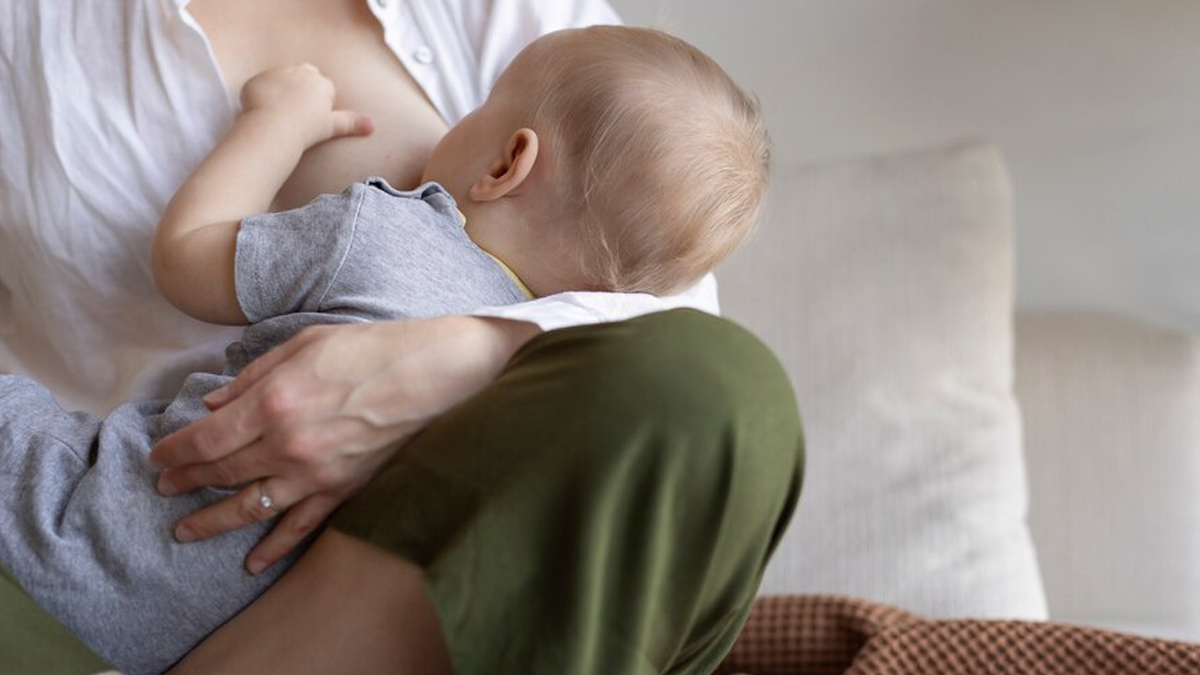
Obesity doesn’t have to be a lifestyle disorder in every case. There are many diseases, metabolic disorders, and genetic factors that can also cause obesity. One such factor is the prenatal and natal conditioning of the baby.
Table of Content:-
Now, these factors again can be broken down into further sub-factors like the mother’s diet during pregnancy or the diet provided to an infant. One such sub-factor that is being suggested nowadays as a contributing risk factor of obesity later in life, is a caesarian birth.
According to a 2023 study published in the journal Nature, Japanese researchers assessed the Japanese population, confirming that the risk of obesity at 3 years of age is higher in caesarian birth than vaginal birth. Another study published in 2020 and conducted by researchers from the Harvard TH Chan School of Public Health found that women born via cesarean section (C-section) were more likely to be obese and develop type 2 diabetes.
To understand this strange association between C-sections and obesity, the Onlymyhealth team spoke to Dr Anish Pillai, Lead Consultant, Neonatology and Paediatrics, Motherhood Hospitals, Kharghar, Navi Mumbai.

What Is A C-Section?
Johns Hopkins Medicine defines C-section, or cesarean section as a surgical procedure in which a baby is delivered through an incision made in the mother's abdomen and uterus.
This method is used when vaginal delivery is not safe or possible, such as in cases of complicated pregnancies, fetal distress, or certain medical conditions. “Nowadays, people have started asking for a C-section delivery as they consider it an easy way out,” said Dr Pillai.
Link Between Caesarean Birth And Childhood Obesity
The Japanese and the Harvard study are just two examples in the vast pool of research that point toward a possible link between C-sections and obesity. However, to look at these findings objectively, “we need to understand the difference between association and causation,” said Dr Pillai.
“In research terms, association means that suppose A and B are found to be high. However, this does not mean that A is causing B or vice versa. Most of these studies are done in a population-based format where researchers have noticed a higher incidence of obesity in babies born via a C-section. If you ask me, correlating obesity with C-section is only a hypothesis for now,” he added.
Also Read: India Witnessing A Surge In Breast Reduction Surgery: When Should You Opt For Breast Reduction?

How Does C-Section Cause Obesity In Children?
However, talking about the research findings, and drawing from his own experience. Dr Pillai said, “Two prominent factors can probably explain the association between C-sections and childhood obesity.”
Difference In Gut Microbiome
Dr Pillai said, “There is enough data to show that babies born via a C-section have a different gut microbiome. Basically, the bacteria found in the baby's mouth and gut after birth is different from a baby delivered vaginally.”
He explained further, “Babies born vaginally have a larger proportion of so-called good bacteria. Whereas babies born by C-section could have an imbalance between the good and bad bacteria in their gut.” This means that such babies may have a tougher time breaking down food efficiently, a known risk factor for weight gain.
A study published in Cell Press corroborated this statement, and published in 2023 that babies born via cesarean section get fewer gut microbes from their mother during birth. However, this does get compensated to some extent through breast milk.
Late Breast Feeding
The second reason why C-section babies may develop obesity later in life is that mothers who have undergone a C-section may need a longer time to recover. They have gone through a major surgical procedure after all. “This could lead to a later establishment of breastfeeding for the baby, who has to meanwhile consume formula milk for sustenance.
A study published in BMC’s Nutrition Journal assessed a sample size of 1093 newborns. It found that infants who were fed formula milk, were usually overfed, causing them to lose their ability to self-regulate how much they feed, causing them to gain more body weight and length in later infancy than infants who were breastfed.
Also Read: Signs Of Childhood Obesity: What Parents Can Do
Dr Pillai concluded that in his practice, he has been witnessing a growing trend of C-section deliveries and childhood obesity. However, that does not mean that C-sections are causing this growing trend in obesity. He underscored that C-section is not the only reason for obesity. There are environmental, lifestyle, and dietary factors. So if your doctor recommends a C-section delivery, there is no need to hesitate, because even the studies have found not a stringent but a modest association between a C-section and childhood obesity.
Also watch this video
How we keep this article up to date:
We work with experts and keep a close eye on the latest in health and wellness. Whenever there is a new research or helpful information, we update our articles with accurate and useful advice.
Current Version